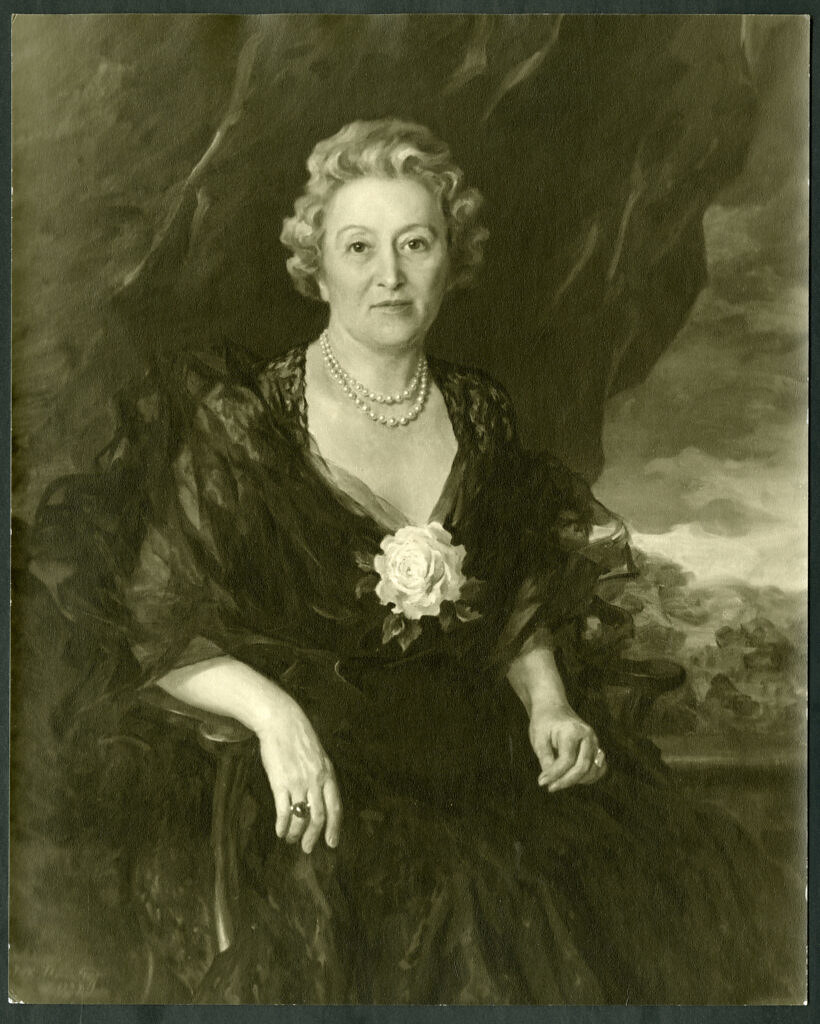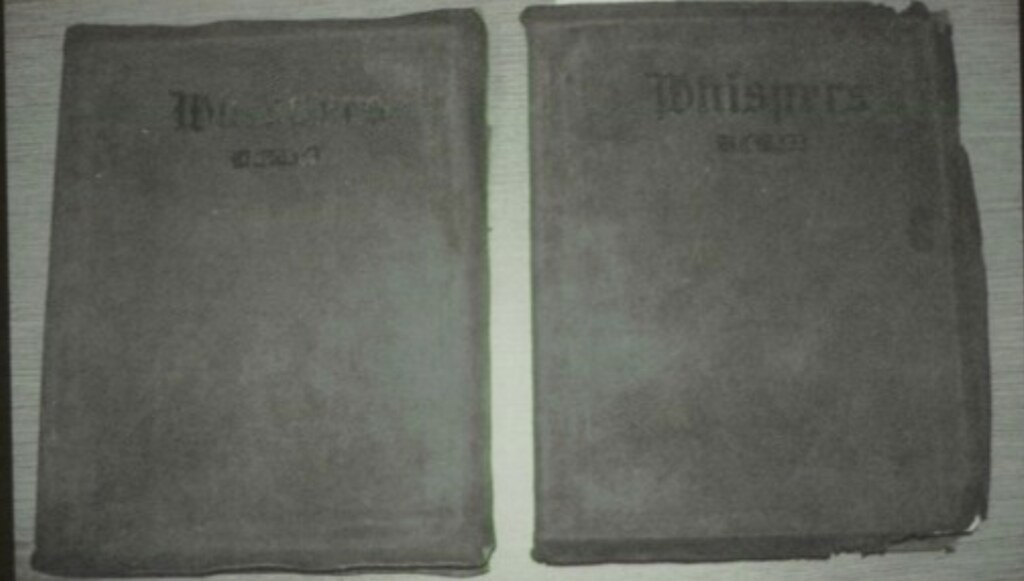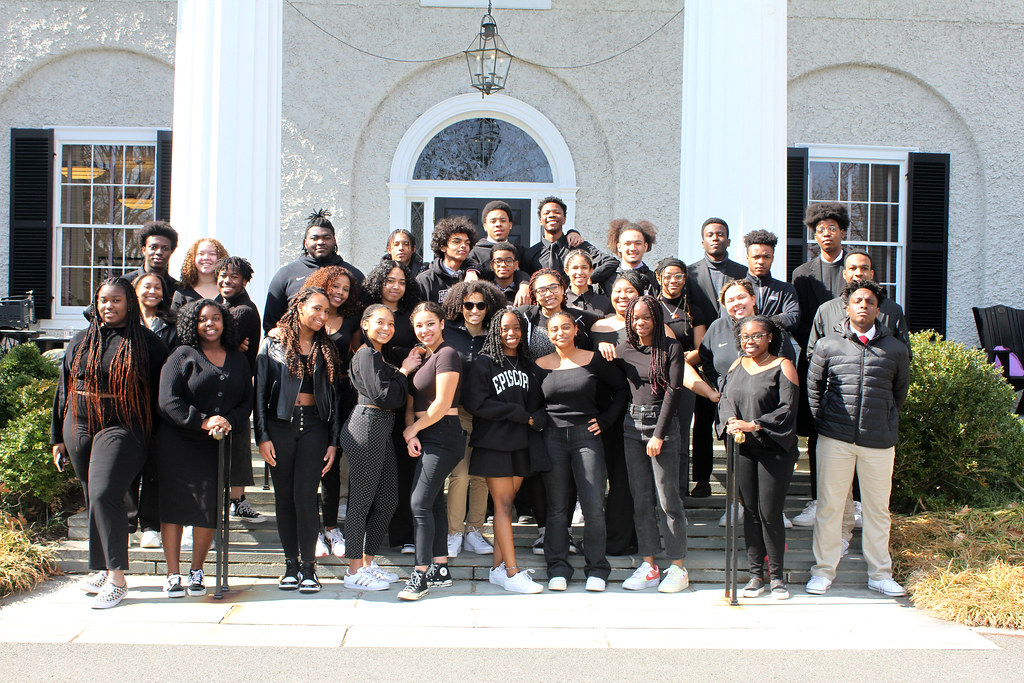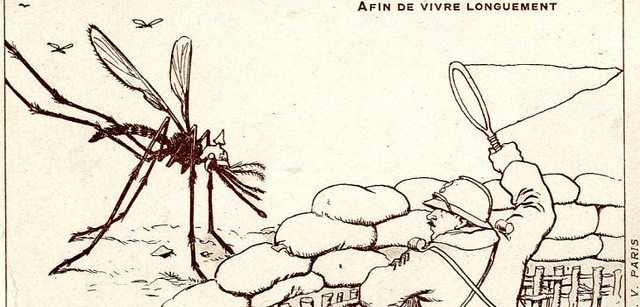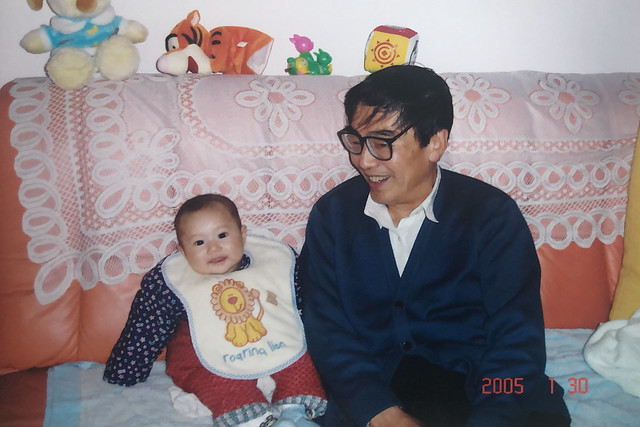Browse Exhibits (33 total)
Women's Position in China through the Lens of Family History
(ChinesePosters: "We make the future")
Even after China’s adoption of a market economy, women’s role in society is still very different from that of a capitalist society. Compared to Western feminism initiated by bottom-up activists, modern Chinese feminism began with government endeavors. Although China did enact policies that aimed to dismantle the structural inequalities women are facing, traditional Chinese ideologies rooted in Confucius values remain the underpinning of women’s rights in China.
(Jane and Her Roomates in College)
In this digital history project, I wish to explore the extent to which the position of women changed in China from the 1950s to now. This exhibition explores the continuity and changes in women’s position after several attempts to tackle inequalities between men and women under a governmental framework. It consists of three narratives from Guizhen Zhang, Jane Zheng, and Yi Lu—my grandmother and parents.
Beginning with a timeline outlining dates and events for constitutional change, new policies, and major personal activities, the first page provides an overview of governmental endeavors and my family history. The exhibition then proceeds to explicate two critical concepts for understanding women’s position in China then a more personal perspective against the general backdrop of historical development. Approaching the end, the last page compares elements from the three perspectives with the visions and alleged objectives of the Chinese Communist Party (CCP) and ultimately evaluates the extent of China’s success.
Lettie Pate Evans: Her History and Involvement with EHS
Lettie Pate Evans: My Goal
I have gone to Episcopal High School for three years now, and I was never educated on who Lettie Pate Evans was and her amazing achievements. I had no idea that I was even living on the dorm dedicated to the women who broke so many gender stereotypes, gave back to so many communities, and made a huge difference in young girls' lives. When I dove into my research about Lettie Pate Evans, I was honored to be able to learn about her and educate my peers, teachers, administrators, and community members about such an instrumental person in your school's past, present, and future. In this Omeka site, I hope you enjoy learning about Lettie Pate Evans' biography, the history of Coca-Cola and her involvement, her foundation, and how she has made an impact on our very own campus.
Episcopal High School: Football Program
Episcopal High School's football program has had a very successful history. Our program has one of the longest highschool football rivalries in the entire nation: the Woodberry game. Also, Episcopal sent many athletes to the next level, not only college but to the NFL. As a current football player at Episcopal, this topic sparked my interest for further research. For primary sources, I obtained old chronicles and interviewed the past players and the past coaches. The project consists of interview clips, first-handed pictures, and more primary resources. This project is meant for anyone that is curious and wants to learn about the episcopal highschool football program.
Mission Statement: I wish to inform current and former players of Episcopal about our program's history and our future.
History Through the Lens of Whispers
In 1806, Yale University published the first known bounded yearbook, Profiles of Part of the Class Graduated at Yale College. Its content was limited, primarily due to the absence of printed photographs. However, the book still included the basic necessities of any school yearbook: information on the students and faculty and a brief overview of the academic year.
Although they were put on the scene nearly 100 years earlier, the American yearbook was not popularized until the 1890s and early 1900s. Episcopal responded to the popularization by creating their first annual publication in 1891, The E.H.S Annual. This book mirrored Profiles of Part of the Class Graduated at Yale College, as it was brief and didn’t include any photographs. Despite its name, the book was published sporadically, with no certainty when the next edition would come out. Short-lived, The E.H.S Annual was succeeded by Whispers in 1903. According to teacher Arthur B. Kinsolving II, Whispers was “a more stately and imposing publication.”
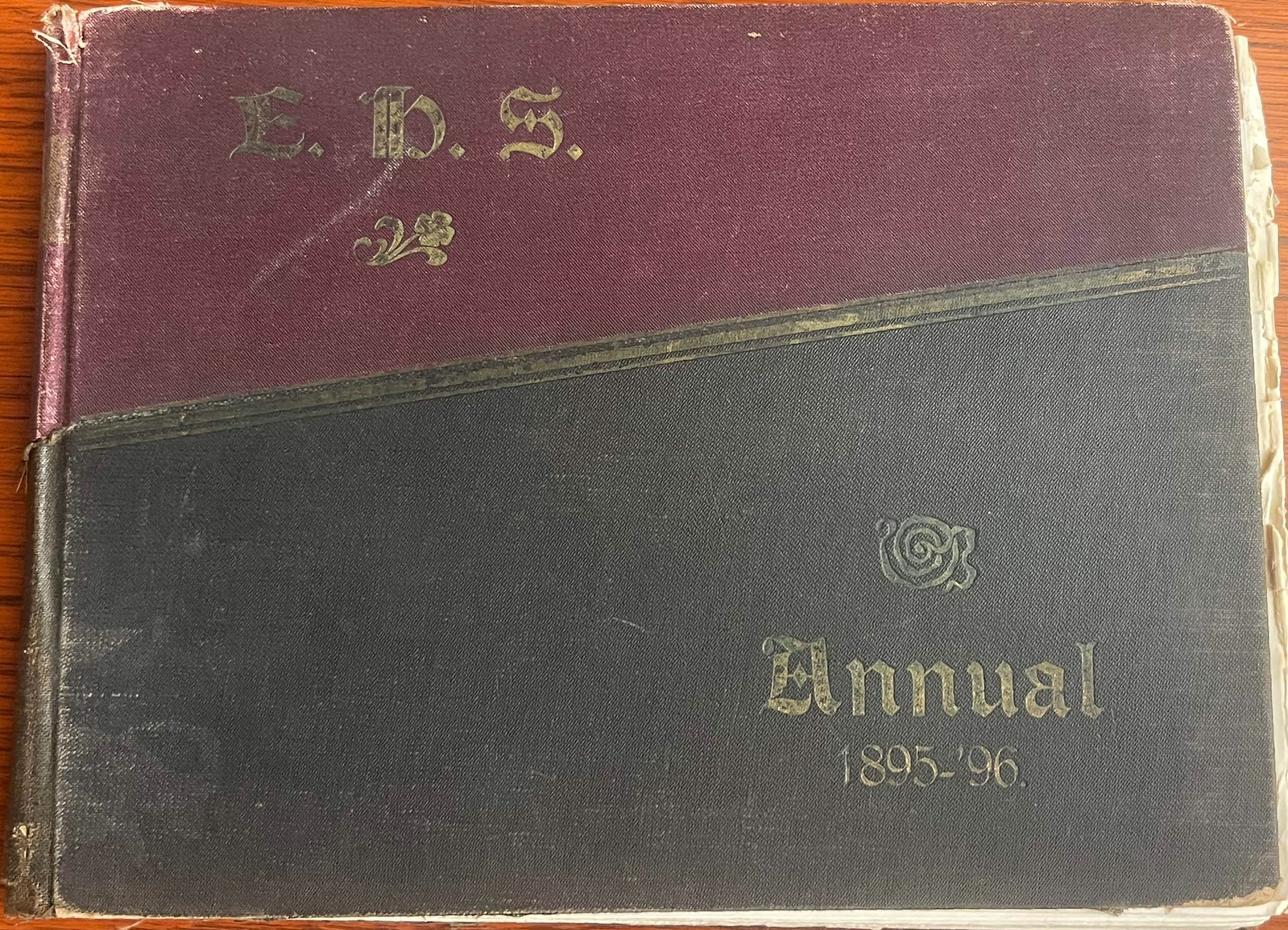 The first publication of Whispers was bounded in leather, and pages deemed important were embellished with gold leaf. Its content was much more substantial than The E.H.S Annual, as it went more into depth on student life, athletics, and activities and included student photos.
The first publication of Whispers was bounded in leather, and pages deemed important were embellished with gold leaf. Its content was much more substantial than The E.H.S Annual, as it went more into depth on student life, athletics, and activities and included student photos.
The name Whispers comes from some old EHS slang, explained by former student Churchill Gibson: “When we went ‘fussing’ at the dawn of the century, i.e. scouting the ‘Kalic,’ which is short for ‘calico’ – yo you moderns, calling on the girls – we hunted in packs. On a Saturday or Sunday night, a girl’s ‘parlor’ would be crowded with E.H.S boys. When the time grew nigh and when our presence was requested back at school, all time left at once – but perchance some lucky devil dawdled and had just one word ere he left and that end of the line. That one was said to ‘have a whisper’ and was set up above his fellows. The “whisper” was a great prize – and so came the name Whispers to be applied to the annual”
Through two World Wars, major social movements, an economic depression, integration, coeducation, and changes to the school itself, Whispers has published a yearbook every year since 1903. This project stands to show its importance.
Project Overview
The Continuation of African American History at the High School
Unfinished History
As a four-year African-American student at Episcopal High School, hearing about the history of black people on this campus has been discomforting. While some may know of the discomforting sides of our black history, most know nothing. I’m here to provide both, the discomforting and the refreshing continuous history African American students, faculty, and staff provide for this prodigious institution.

The focus of this exhibit is to not only educate but to bring awareness to the black history that is still happening today on Episcopal High School’s campus. The mission is very simple, get the student body, faculty, and staff to learn about the experiences of black students and faculty on campus. This exhibit starts with a 'Then to Now' comparison of what Episcopal was like five years ago. The first page explains the trials and tribulations of what EHS was like before the controversial social and racial movements of 2020. The exhibit then continues with real-life accounts from some current students and faculty on what their experiences are like living on campus. Also throughout the exhibit, there's a chronological order of events done by Episcopal following the George Floyd murder in 2020. Starting with the lack of significant response from the administration and Board of Trustees. To the start of an anonymous Instagram page exposing Episcopal for their derogating and racist unsolved issues. Following the exposure leads to a very rigid, well-deserving letter from over 100 black alumni demanding change to be done at Episcopal. Episcopal then, responds with accountability and creates three programs in hopes of making sure all students feel welcomed and appreciated on this campus. The three programs include the founding of the Black Alumni Network, The Task Force on Racism, Understanding and Belonging, and the creation of The Office of Community and Equity. Overall, this project is a well-prepared attempt to continue to educate, promote and build a history that is unfinished.
The Impact of Malaria on the World Wars
Welcome to the website The Impact of Malaria on the World Wars, composed of original research conducted regarding the intricate relationship between the disease and the wars in historical, legal, social, economic, and medical ways. The overall mission of this website is to emphasize the significance of malaria in human history, particularly the world wars, and to promote better education in schools regarding the public health aspect of history. The content includes the following: An overview of the fatal disease malaria, an overview of the world wars, the overall impact of malaria on world wars, measures taken against malaria, the development of drugs and diagnosis, a case study of the Pacific War, malaria’s impact on the current society, and a conclusion with a small quiz, respectively.
This angle of approach is essential for the students and the general public because it gives a new perspective on not only the world wars but also the subject of history itself by suggesting that history is not a single-dimensional study as it is, instead, an interdisciplinary field that requires the consideration and the incorporation of various, or all, seemingly unrelated subjects. By crossing borders between subjects, in this case, through the connection between medicine and history, this site also aims to empower people to go beyond what is normally thought.
A Democrat's Last Words: Protest History in Beijing and Hong Kong
This project aims to provide a glimpse into the complex political realm on the other side of the globe to users in the United States. Readers will look into the Feng family’s connection with the events as they build their knowledge of specific movements in Beijing and Hong Kong.
This website provides an overview of protest history in Beijing and Hong Kong from the late 19th century to today through a comparison chart, map, timeline, and virtual gallery. From understanding the government structure and the rise of different political movements to reading one of their peers’ personal experiences, users will be able to leave the website with a more comprehensive knowledge of protest history in Beijing and Hong Kong.
The following timeline unveils periods of significant democratic events in Beijing and Hong Kong from 1895 to 2020 and provides a brief overview of how certain events intertwined or developed over time.
A Family History Told Through Laogai, China's Labor Camp System
My interest in history originated in elementary school in Mexico, where my friend Noam would share his great-grandpa’s experiences in Auschwitz. I was surprised because my grandpa regarded his sufferings during the Cultural Revolution and his memory of his father’s death in a labor camp in 1957 as taboo. In time, I realized an absurd fact: while I had read a lot about Auschwitz, I found few books about the Mao era, when up to 80 million deaths by unnatural causes happened. I wondered what Grandpa and Great-Grandpa had experienced.
Two years ago, Grandpa died. Bitterly regretting that I had not been able to ask more about his past, I felt obliged to explore the untold stories and started to research how Laogai (Reform through Labor) came into being.
During this research, I was touched by those wounds that had never healed. I remember that Food Supply Bureau document I unearthed in a dust-buried archive, without which the existence of 200,000 prisoner laborers would be erased. I remember Grandpa’s diary from the 1970s, in which he used “newspeak” as called by George Orwell, and ended his entries with “Long Live Chairman Mao!” I feel wretched upon reading those lines, under which lie wronged souls.
This research, along with my discussion of Chinese revolutions with students from different backgrounds at the Stanford Summer Humanities Institute, makes me understand how the CCP’s monopoly of the historical narrative silences Chinese people like Grandpa and intellectually isolates them from the world.
As William Faulkner said, “The past is not dead.” Realizing how the past shaped the present, I am determined to reclaim more voices from the Mao Era.
PERSPECTIVES: Understanding Abortion Arguments
How do information and milieu influence our opinion of abortion? Can people from different ends of the political spectrum find common ground?
Abortion, though highly relevant in the current legislature and political climate, is more of a moral issue than a legal one; as it revolves around the “life” of a fetus, which is a debate that lacks a universal agreement, arguments become emotionally charged, and stories take on a more personal lens.

(Image of a Pro-Abortion Protest Outside the Supreme Court, from ACLU)
In order to do this subject justice, the mission of this digital history project is to serve three points:
1) To provide a baseline of understanding about the uncontestable facts related to abortion.
2) To take a look at the factors that may influence one’s perspective on abortion.
3) To shed light on modern and historical personal stories.
The following pages have been organized into the categories described above. Facts can be found on the pages, "Abortion Timeline," "Roe v. Wade," "U.S. Abortion Laws," and "Abortion as a Medical Procedure." Influences can be found on the page, "What Influences Us?" Personal stories can be found on the pages, "Memphis: A Case Study" and "Historical and Modern Perspectives."
In taking an emotional subject and looking at it from a logical viewpoint, I hope to help people from varying ends of the political spectrum find common ground in their opinions.
The Macanese People
Based in the city of Macau SAR, the Macanese are a minority that is rarely heard of on the international stage. The definitive characteristic of this ethnic group is that they are a result of colonial interactions between China and Portugal, since Macau was owned by Portugal for over 400 years (1557-1999). During this period, different ethnic groups brought along by Portuguese trade mixed in Macau and formed the Macanese identity.
With a size of around 8000 today, they make up just over one percent of Macau's total population. The unique traditions of this small Eurasian community is heading in decline after Macau's handover to China, as they are facing threats from the encroaching Chinese influence. I believe the Macanese have a long and fascinating history that deserves preservation.


